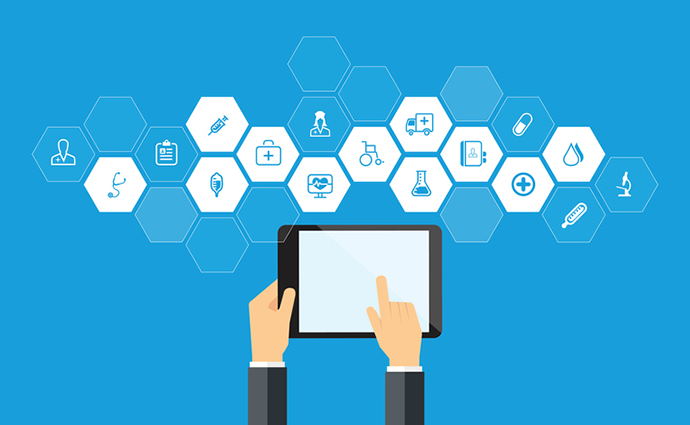HITEQ: Telehealth Gives Health Centers a Boost in Clinical Quality
The Health Information Technology, Evaluation and Quality Center reports that health centers using telehealth are seeing a slight increase in their clinical quality measures, based on UDS data.

Source: ThinkStock
- Health centers who use telehealth for remote clinical care are scoring slightly better in clinical quality measures that those relying on in-person care.
This news comes from the Health Information Technology, Evaluation and Quality Center (HITEQ), which recently analyzed data from the 2017 Uniform Data System (UDS) survey. HITEQ’s analysis found that health centers using connected care scored, on average, 1.18 percent higher in clinical quality measures.
“While the difference was only slight, this demonstrates a positive correlation between the use of telehealth and outcomes and shows there is not a reduction in quality when telehealth is utilized compared to in-person delivered services,” the Center for Connected Health Policy reported.
HITEQ collaborates with Health Resource and Service Administration (HRSA) partners including Health Center Controlled Networks (HCCNs), Primary Care Associations (PCAs) and other National Cooperative Agreements (NCAs) to support health centers in full optimization of their EHR/Health IT systems.
The survey, which was answered by roughly 44 percent of the 1,373 health centers contacted, finds that these providers are using telemedicine for a wide range of services. The most common service, reported by more than half of the centers, is telemental health.
Among other services cited in the report, roughly 27 percent use telehealth for specialty care, 24.5 percent use the technology for chronic care management and almost 21 percent use telehealth to provide primary care. Some 23.3 percent of those surveyed who are using telehealth said they’re using the technology for services not included in the survey.
UDS clinical quality measures analyzed in the study include BMI screening for adults and children, depression screening and follow-up, diabetes, hypertension, asthma medication management and cervical and colorectal cancer screening.
According to the CCHP, the UDS survey “collects data on a variety of information, including patient demographics, services provided, clinical processes and results, patients’ use of services, costs, and revenues that document the health centers’ performance. This data is reviewed by various organizations and policy makers to evaluate health centers’ performance, identify trends and to construct solutions to improve long-term patient health outcomes.”
